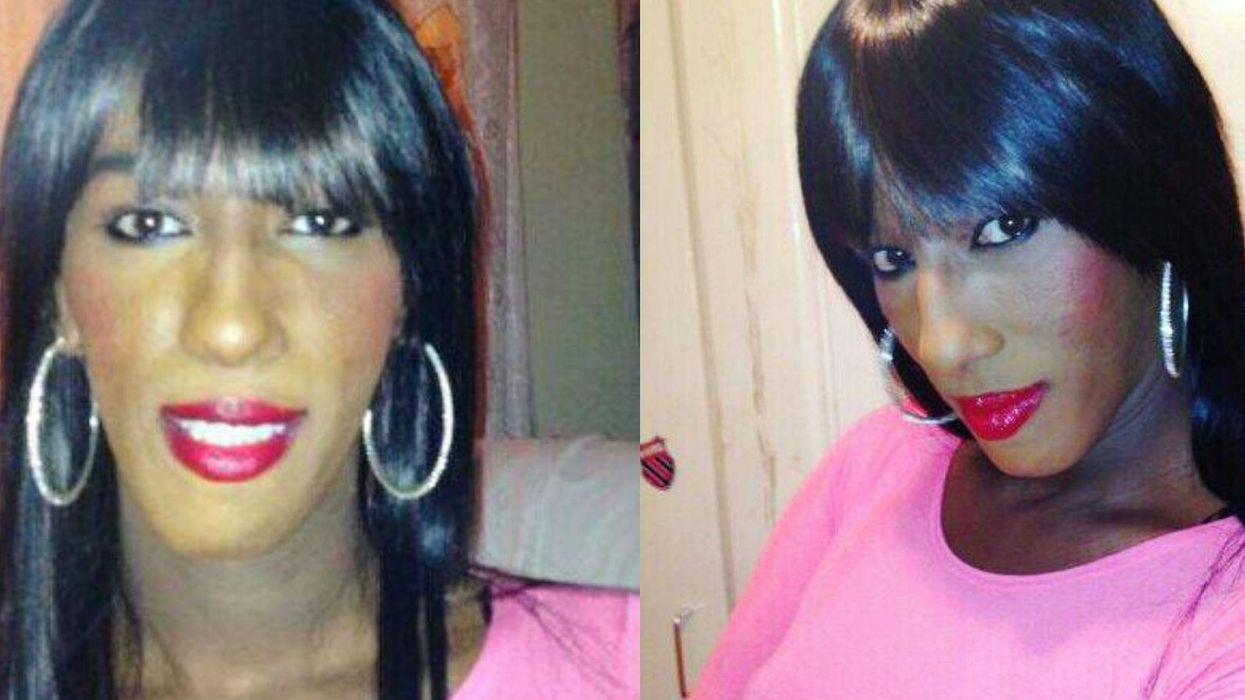News
Narjas Zatat
Mar 27, 2018

Twitter
A transgender woman of colour who was found dead in a hotel room had last tweeted about violence against trans women of colour.
Naomi Hersi was found to have died from knife injuries at Heathrow Palace in Hounslow, the Evening Standard reports.
Neighbours speaking to the paper said she was a “real character” and a “flamboyant, lovely fun person”.
She had described herself as a tennis, music and chocolate lover on her Twitter account.
Her very last tweet, three years before she died, was sharing an article by Vice entitled ‘Trans Women of Color Face an Epidemic of Violence and Murder'.
Jesse McDonald, 24, is charged with her murder and a 17-year-old girl is charged with assisting an offender.
Stonewall, a charity which champions rights for the LGBT+ community responded to Hersi’s death with a statement on the violence trans people – especially trans people of colour – face:
This horrible crime, and the way that many sections of the media have reported it, brings to light a series of deeply troubling issues about how our society views trans people – and particularly trans women of colour.
Two in five trans people (41 per cent) have experienced a hate crime or incident because of their gender identity in the last 12 months.
Trans people experience abuse in places that many would presume were safe, such as at work: our research shows that one in eight trans employees (12 per cent) have been physically attacked by a colleague or customer in the last year.
This is the case in America, too.
In 2017 Human Rights Watch tracked the deaths of at least 28 transgender people due to fatal violence – the most ever recorded. Eighty-four per cent of them were people of colour.
The Trans People of Color Coalition released a report documenting the violence this part of the community face.
While the details of every one of these cases differ, we know that fatal violence – and gun violence in particular – disproportionately affects young transgender women of colour.
Across the United States, but especially in the South, where most of the victims resided, transphobia, homophobia, sexism, racism and poverty heighten the vulnerability of transgender people from an early age.
More: 5 things cis people can do to be better, according to a trans activist
Top 100
The Conversation (0)













